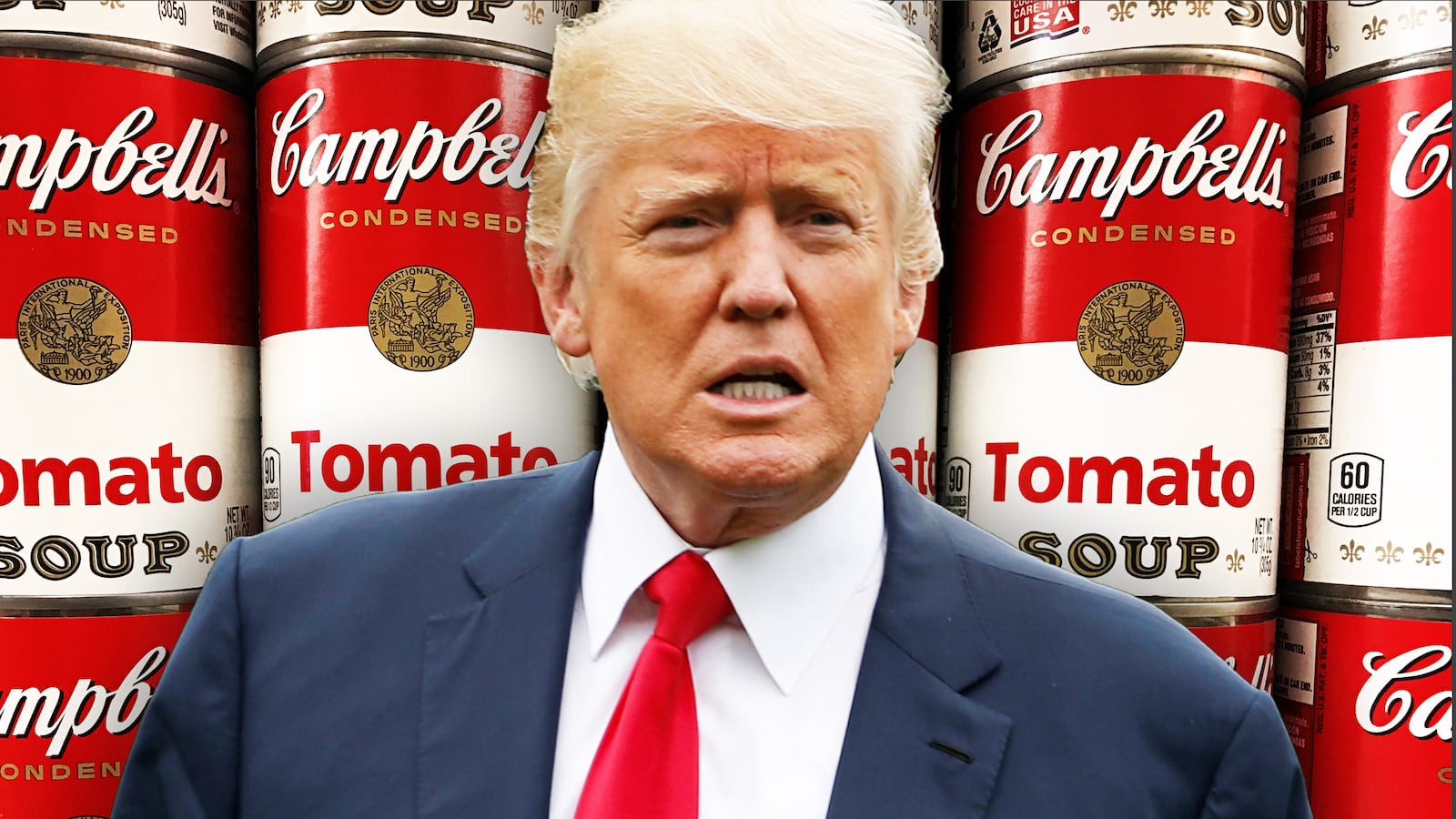Corporate CEOs have begun frantically distancing themselves from President Donald Trump in the wake of a second round of incendiary remarks in which he unequivocally defended neo-Nazi protesters.
On Wednesday afternoon, Trump tweeted that he was ending two White House councils featuring an array of prominent business leaders out of a desire to alleviate political pressure on them.
In reality, they dumped him first.
Members of the president’s Manufacturing Council and his Strategic and Policy Forum (Trump got the name of the latter wrong in his tweet) had begun leaving those posts in the wake of Trump’s handling of the violent events in Charlottesville this past weekend. Trump had insisted that many CEOs were lined up to replace those who left.
But on Wednesday morning, the CEOs of Campbell Soup and 3M joined other business and labor leaders in announcing their departures from the manufacturing council. And at roughly the same time, Stephen Schwarzman, head of the Strategic and Policy Forum, held a call with members of that group to initiate its closure.
Though both councils played largely symbolic roles, their respective ends represent a massive embarrassment for a president who has long claimed to be a friend and champion of business. It also could come with a political cost. The administration is gearing up to make a major turn toward tax reform this fall, top officials say. And it could surely use the assistance of top CEOs in making that particular sale.
Whether corporate America will warm up to the White House in time for that fight is unclear. But this past week makes it less likely. The decision by these CEOs to leave and disband their respective councils was in response to Trump’s handling of Charlottesville. But it was instigated by an intense corporate accountability campaign launched by Trump’s critics.
In recent days, progressive activists have tried to leverage consumer pressure to create a fissure between the president and the CEOs aligned with him. Those activists recognized that the councils played no meaningful role in crafting White House policy. And they didn’t suffer any illusions that they’d change the president’s worldview. But they were attempting to establish a cultural, if not political, blowback that would weaken Trump’s standing.
“I think from the perspective of organizations like ours it is important to hold the line of culture and the normalization of Trump,” explained Nita Chaudhary, founder of UltraViolet, a progressive feminist group which has been involved in its fair share of corporate accountability campaigns. “That it is not normal to be silent about Nazis. We can’t change Trump, that’s something we have learned. But what is important is that that culture tumbles with him. We are in a really dangerous place right now.”
Multiple senior Trump aides contacted by The Daily Beast on Wednesday hoped that the end to the council and the forum would result in at least one positive: a cessation of the president’s recent habit of hate-tweeting about those ditching his business groups. White House officials privately acknowledge how tone-deaf the president appeared when his denunciation of Ken Frazier, the head of Merck and the first CEO to leave the Manufacturing Council after Charlottesville, was far stronger than his squishy condemnation of Nazis.







